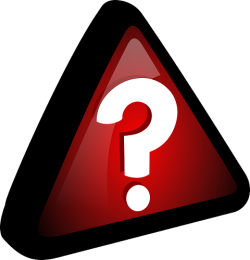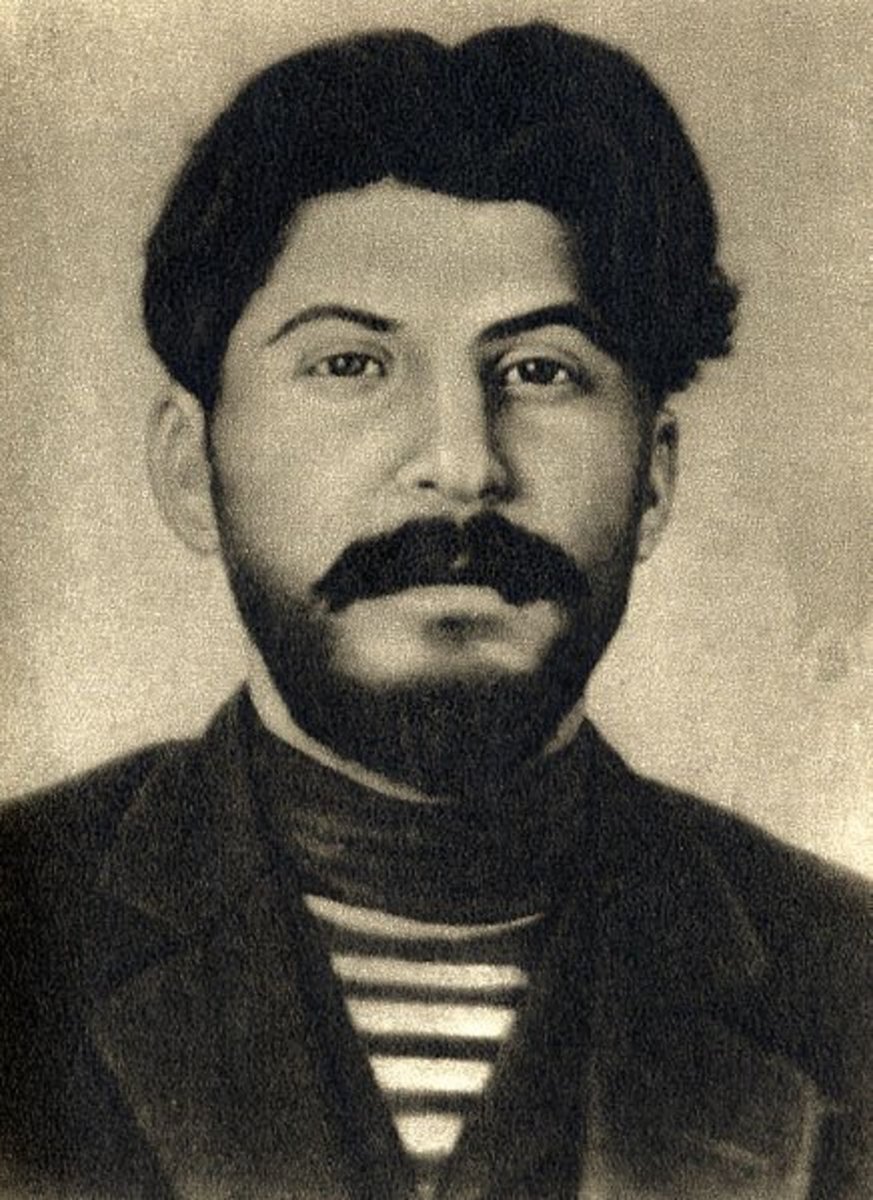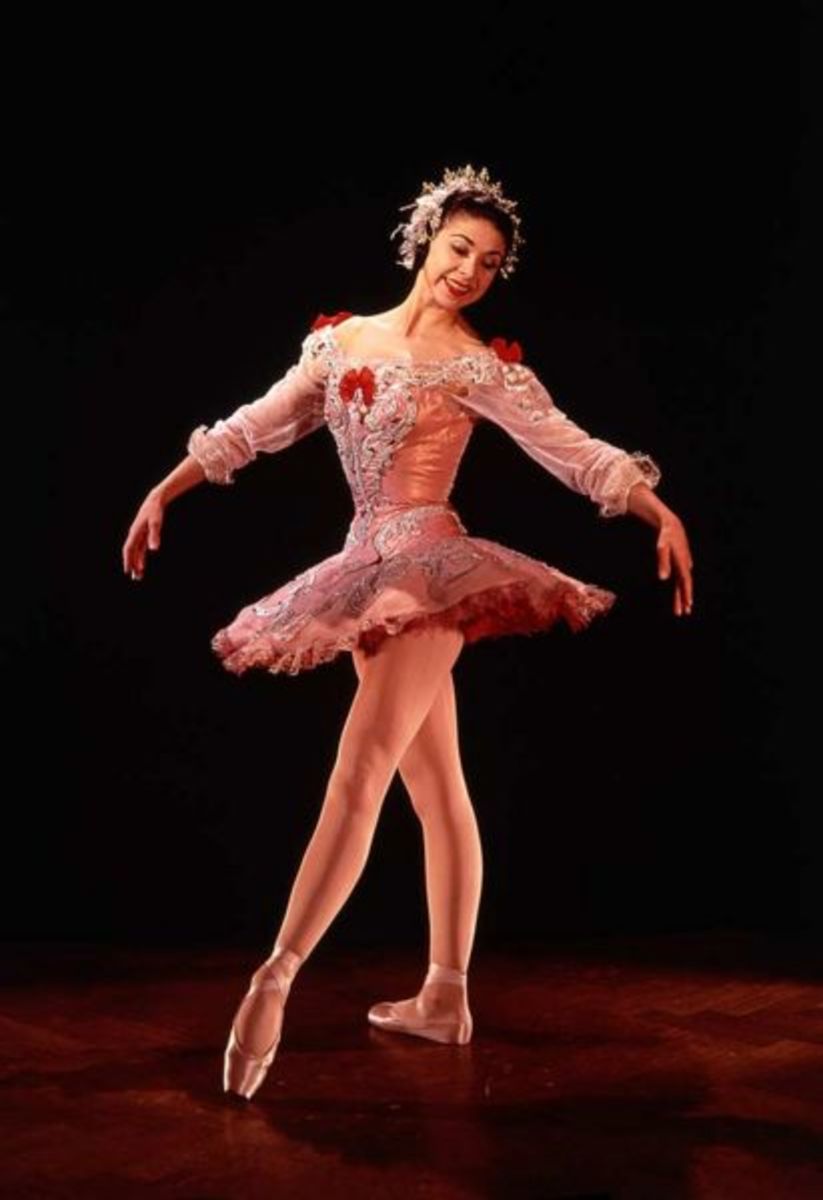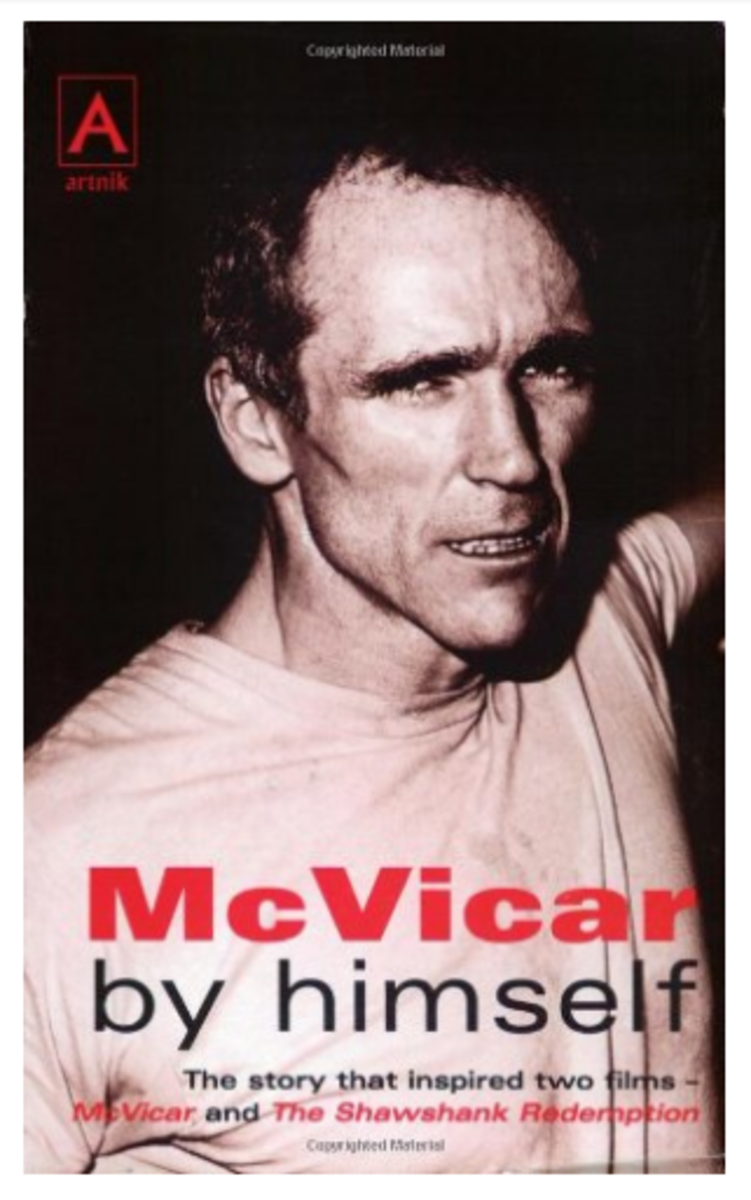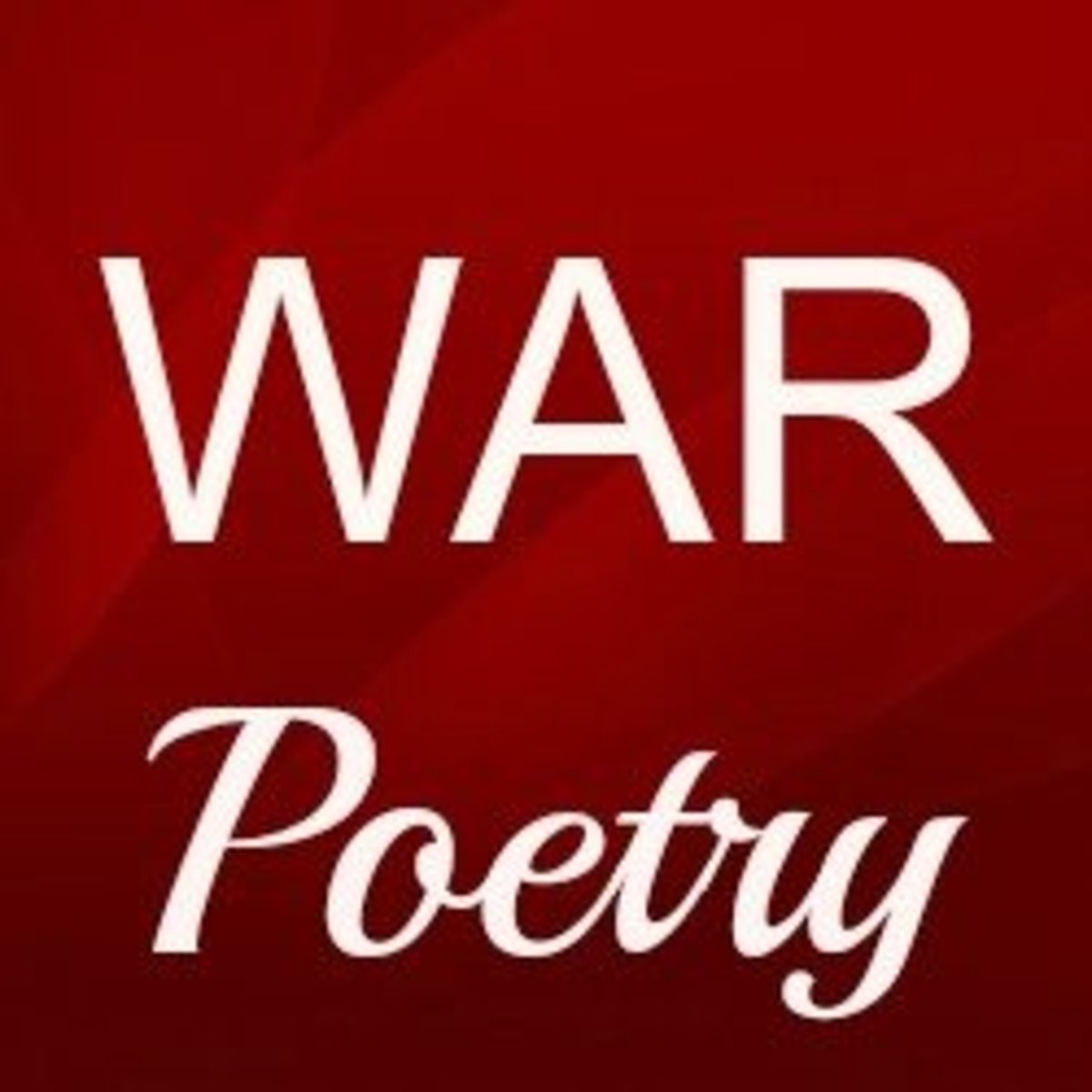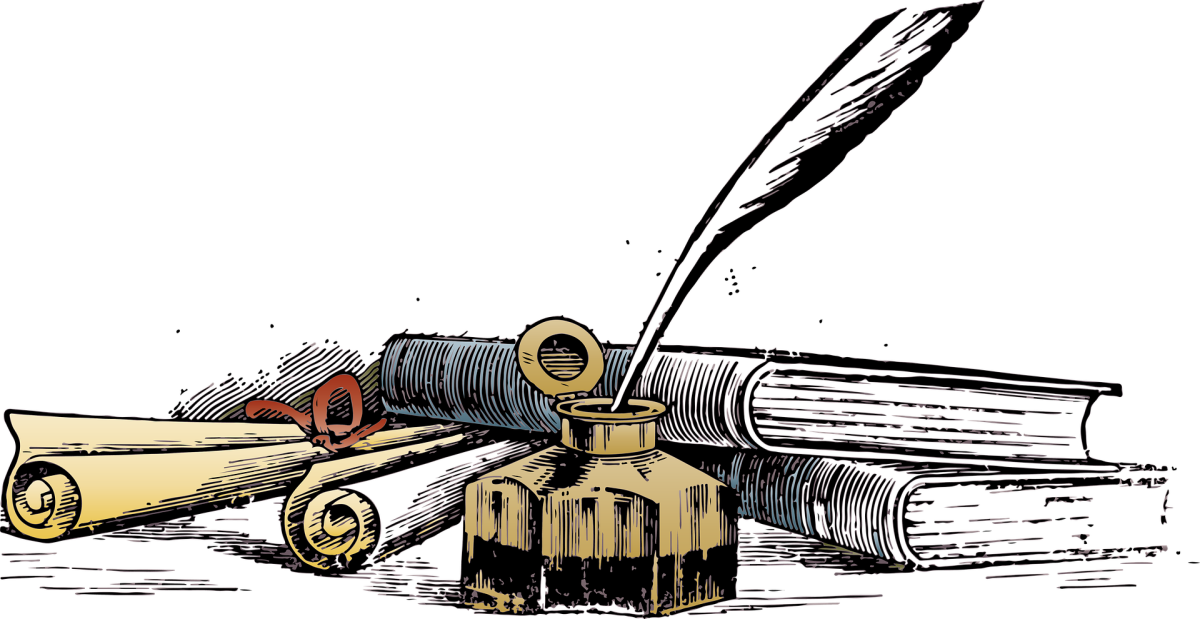Which Author? Which Century?

I Can't Decide
I don't have a favorite author -- I have hundreds of them!
So when Squidoo asked "Who's Your Favorite Author?" I couldn't decide. I had a heck of a time, even when I imposed some criteria like: had to be considered a "literary writer," had to be "American," had to be "famous," had to have more than five works published (which left out Harper Lee, unfortunately). No matter the number of restrictions I imposed on myself, I was flummoxed. Who is my favorite author?
Instead of picking one, however, I cheated - I chose three. One from the 19th century, one from the 20th century, and one from the 21st century. Even then it was hard, but I didn't want to be indecisive.
Photo from Dreamstime.com

About That Criteria
I read a lot. I like a lot of what I read, even if the literary world would be horrified at some of my selections. For example, I've read every one of Diana Gabaldon's Outlander series; but I don't consider Diana Gabaldon my favorite author. I like her characters (especially the sense of humor of her main character Jamie), I like the premise of the books, I like the fun she seems to have putting a 20th century woman in an 18th century setting (with references to The Beatles and everything). They are clever stories in their own way. My girlfriend likes that I've read them all, even if I consider them Chick (sort-of) Lit. Yet I chuckle and sputter reading the overblown and clunky prose or the outlandish (yes, I meant to use that word) plot lines. No, not my favorite author.
With a few exceptions (which are notable, but which I won't note), I always find something enjoyable about each book I read -- that's part of the joy of reading. I didn't like everything about Jennifer Egan's A Visit From the Goon Squad, but there were two vignettes that took my breath away with their beauty and depth of emotion. Ah!
In response to a quest for a favorite author, I had to impose some sort of order on my thinking, otherwise this lens would be five hundred modules long! Therefore, I created The Criteria.
The Criteria - Arbitrary as it may be
- American. Why? Only because I am American and have more exposure to American authors. That also eliminated the obvious need to include Camus on the list or Voltaire or J.R.R. Tolkien or any of those other fabulous English writers who use their language to amazing effect. Nope: American
- Critically Acclaimed. This was cheating a little because it meant that my choices would also reflect what others thought great. I don't like the idea of deciding something is good because a critic told me so. However, critically acclaimed authors are generally better known. I wanted to pick authors that a lot of people had actually heard of. Not fair, but...
- Multiple Works Published. I decided on five, although I can't tell you why. Perhaps it is because that's how many books I could feature in the Amazon modules below. Five seemed like a good number.
- Only One Per Century (and only from the 19th century on -- as I struggle with those 17th and 18th century tomes, I admit).
Drum Roll Please!
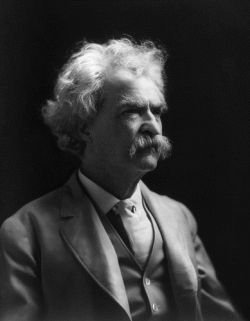
19th Century: Mark Twain
He's humorous. He's caustic. He's critical of everything and everybody. Who doesn't like Mark Twain?
We may love him, but he didn't always like us. Mark Twain was vocal about people he didn't like: racists and hypocrites, elitists and just plain bad people. These are the people who populate (and are exposed and thwarted in) his tales. He may not like them, but he makes them seem very real!
In addition to the everyday people Twain didn't like, his fellow authors suffered from his distain. Twain was famous for lashing out at his peers and their particular styles and subject choices. He had only harsh criticism for the likes of Jane Austen, Nathaniel Hawthorne, George Eliot, James Fenimore Cooper, and Robert Louis Stevenson -- names we in the 21st century know and still love! Professional jealousy? Who's to know. What a curmudgeon the man must have been.
Still, he told a good tale.
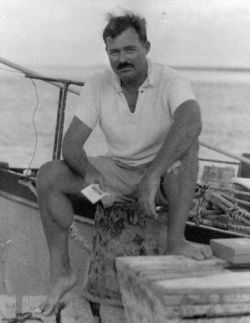
20th Century: Ernest Hemingway
Too easy a choice, you say? Well, actually, no. My girlfriend wouldn't agree: "Hemingway is a chauvinist pig," she would say.
Okay, I can't argue with that. But what makes Ernest Hemingway so compelling as an author is less what he does himself than what he did for other writers. Hemingway didn't merely push the envelope -- he shredded it.
I recently re-read For Whom The Bell Tolls. Not his greatest work, but one of his most famous. It was fast-paced, adventurous, and didn't require a lot of brainpower to get through. What struck me about this piece however, was not the story or the writing itself, but what Hemingway accomplished by sheer force of will.
- He wanted sex scenes -- so he wrote them. Mainstream authors of Hemingway's time weren't allowed to write explicit scenes describing intercourse! Boy touches girl, then fade to black! No obvious descriptions, for heaven's sake! Sure, Hemingway's sex scenes are cumbersome and loaded with euphemisms (and Maria gushes far too much about Robert Jordan's prowess), but that is all he was "allowed" to publish at the time. Nonetheless, readers knew what he meant, what he really wanted to write.
- He wanted characters to speak as people did in real life - so his do. Sure, he had to use alternative words because publishers wouldn't print the F-word at the time (or any number of others), but he wasn't willing to soften the language completely. Readers knew what he meant. Readers knew what the real word was and could experience the anger or frustration behind it.
- He wanted sentences that were more like speech - so he created those. Hemingway's sentences run on for a full page at times, like the ramblings of a person under stress. Sometimes fragmented thoughts are strewn across the page, like the bursts of ideas from someone in a hurry. His sentences aren't pretty, but they are full. In their very structure, they offer a glimpse of the inner thoughts of the character.
Whatever you (or my girlfriend) think of the man himself, my belief is that his efforts paved the way for the freedoms that all writers enjoy today.

21st Century: Michael Chabon
I admit that I like Chabon because his writing style harkens back to another of the great authors of the 20th century: John Steinbeck. Unlike Steinbeck, however, Chabon doesn't ramble or preach (forgive me Steinbeck fans, but The Grapes of Wrath and even the beautiful East of Eden could have used a literary haircut and you know it). His prose has both beauty and economy, and is the more powerful for it.
I will admit that I have not yet read all of Chabon's work; but those I have are tremendous. I'm working my way through his portfolio, and enjoying every page.
Which of the above is your favorite?
